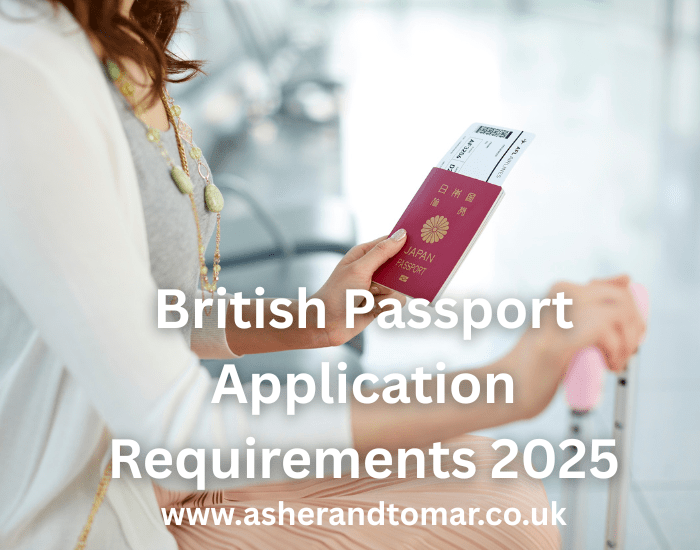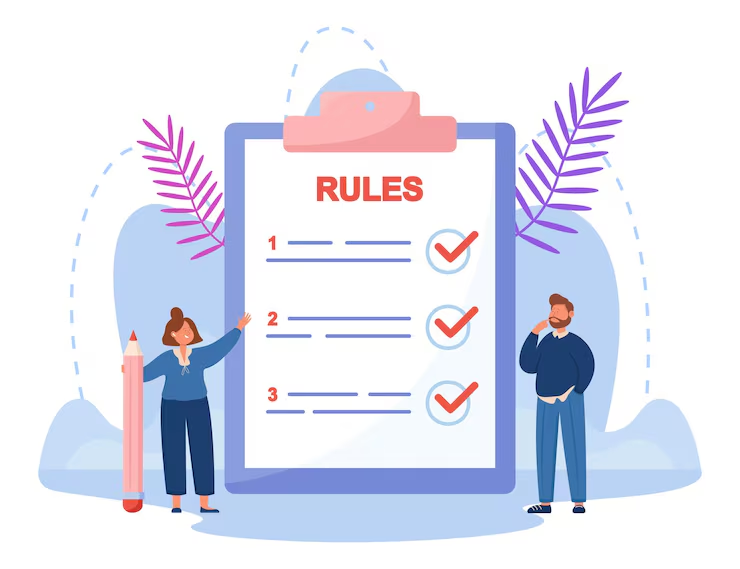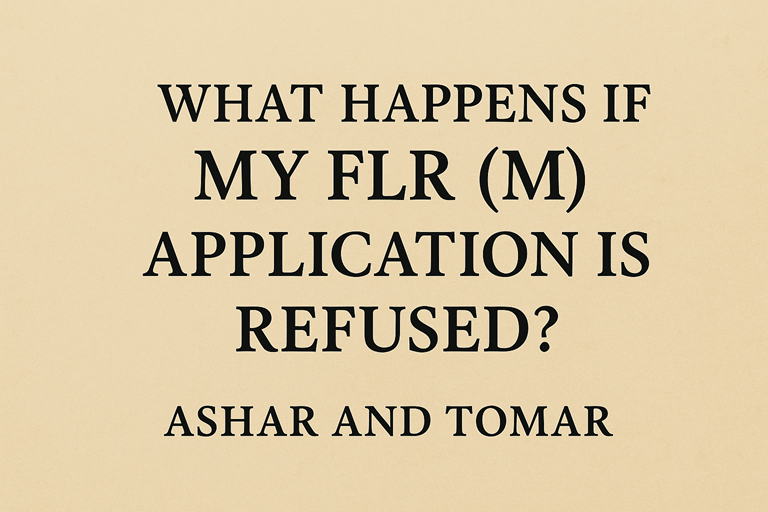Navigating the complexities of child contact arrangements can be challenging for any parent or guardian. In the UK, ensuring that children maintain meaningful relationships with both parents, despite separation or divorce, is a priority. Asher and Tomar, a leading family law firm, provides expert guidance on applying for child contact in the UK, ensuring that your child’s best interests are always at the forefront. This article will guide you through the process, highlighting essential steps, and addressing common concerns.
Understanding Child Contact in the UK
What is Child Contact?
Child contact refers to the arrangements made for a child to maintain a relationship with both parents or other significant adults after separation or divorce. This can include regular visitations, overnight stays, and other forms of communication. The goal is to ensure that the child’s emotional and psychological needs are met, despite changes in family dynamics.
Types of Child Contact
- Direct Contact: Involves face-to-face interactions between the child and the parent. This can include visits at home or in a neutral location.
- Indirect Contact: Includes communication through letters, phone calls, or video calls when direct contact is not possible or appropriate.
- Supervised Contact: Occurs in the presence of a third party to ensure the child’s safety and well-being during interactions with a parent.
Steps to Apply for Child Contact
1. Assess Your Situation
Before applying for child contact, assess your situation to determine the most appropriate type of contact arrangement. Consider factors such as the child’s age, the current relationship between the child and the parent, and any safety concerns.
2. Seek Mediation
Mediation is often the first step in resolving child contact disputes. It involves working with a neutral third party to reach an agreement that is in the child’s best interest. Mediation can be less adversarial and more cost-effective than going to court.
3. Apply for a Child Arrangements Order
If mediation fails or is not appropriate for your situation, you can apply for a Child Arrangements Order through the family court. This legal order outlines the specific arrangements for your child’s contact with each parent. Asher and Tomar can assist with preparing and submitting this application, ensuring all necessary information is included.
4. Gather Evidence
When applying for a Child Arrangements Order, it is crucial to gather evidence to support your application. This may include:
- Communication Records: Document any previous communication regarding contact arrangements.
- Witness Statements: Obtain statements from individuals who can attest to the child’s relationship with the parent.
- Professional Assessments: In some cases, a social worker or psychologist may be involved to assess the child’s needs and welfare.
5. Attend Court Hearings
If the application proceeds to court, you will need to attend hearings where a judge will review the evidence and make decisions based on the child’s best interests. Asher and Tomar can represent you in court, ensuring that your case is presented effectively.
6. Implement the Contact Arrangement
Once the court makes a decision, implement the agreed-upon contact arrangements. Ensure that both parents adhere to the terms set out in the Child Arrangements Order. Regular reviews may be necessary to address any changes in circumstances.
Long-Tail Keywords:
- “How to apply for child contact in the UK”
- “Steps to obtain a Child Arrangements Order”
- “Mediation for child contact disputes”
- “Child contact legal advice from Asher and Tomar”
- “UK family court child contact application process”
Common Challenges in Child Contact Arrangements
1. Conflict Between Parents
Disagreements between parents can make it difficult to establish a workable contact arrangement. Mediation and legal support from Asher and Tomar can help resolve these conflicts and find a solution that prioritizes the child’s well-being.
2. Safety Concerns
In cases where there are safety concerns, such as allegations of abuse, supervised contact may be necessary. It’s essential to address these issues with the help of legal professionals to ensure the child’s safety.
3. Changes in Circumstances
Changes in circumstances, such as relocation or changes in work schedules, can affect child contact arrangements. Regular reviews and adjustments may be needed to accommodate these changes.
Asher and Tomar: Expert Guidance on Child Contact
Asher and Tomar specialize in family law and are dedicated to helping clients navigate the complexities of child contact arrangements. Their expertise includes:
- Personalized Legal Advice: Tailored guidance based on your unique situation.
- Mediation Services: Facilitating communication and resolution between parties.
- Representation in Court: Advocating for your rights and the best interests of your child.
Conclusion
Applying for child contact in the UK involves a series of important steps, from assessing your situation to seeking legal advice and attending court hearings. Asher and Tomar are here to guide you through the process, ensuring that your child’s needs are met and that you achieve a fair and workable arrangement. For expert assistance with child contact arrangements, contact Asher and Tomar today.








